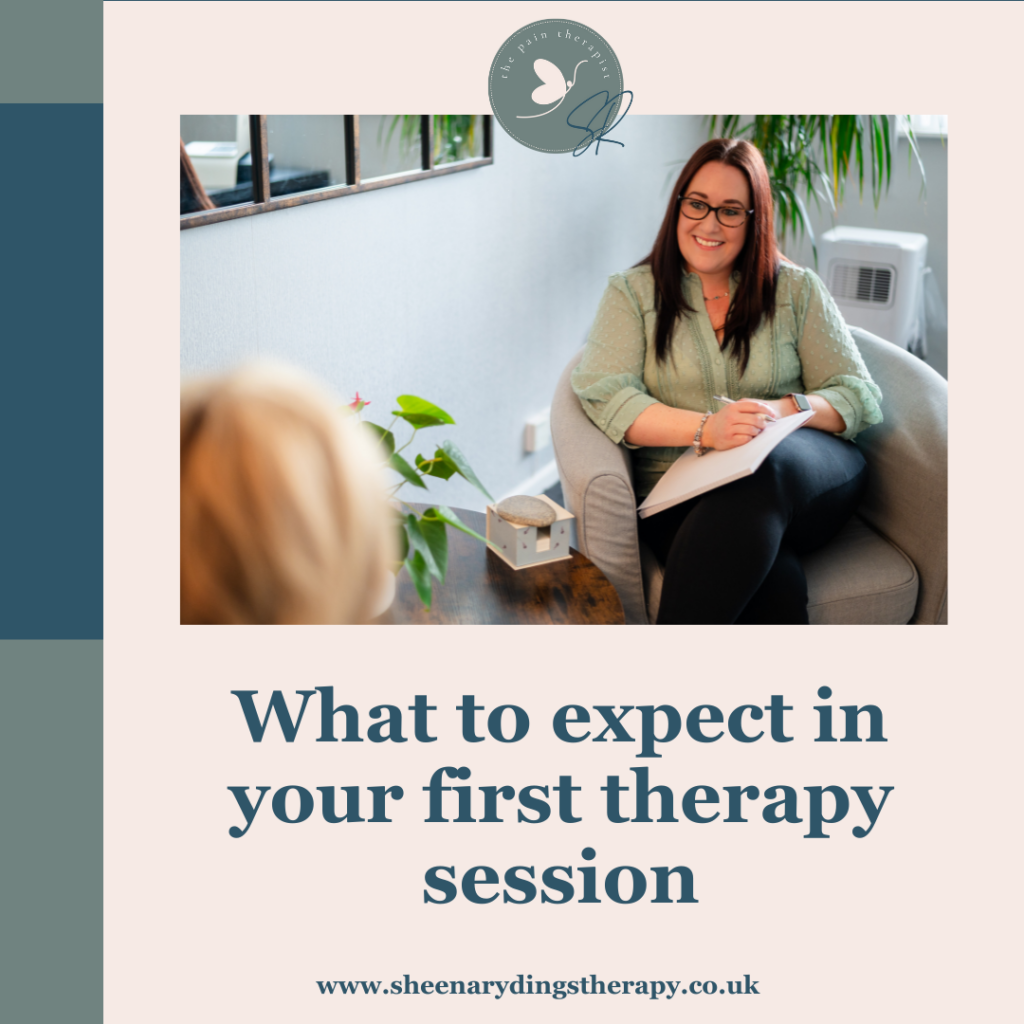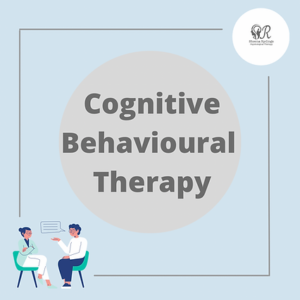The First Session: An Assessment
Your initial session will last about 50 minutes and will be an assessment where I gather information about your situation and we start forming a clear picture of your goals. We’ll explore:
- What has brought you to therapy now?
Consider what life events or feelings have led you to seek help. - What your main difficulties are at the moment?
You might be dealing with anxiety, stress, trauma, or something else. You can share as much as you feel comfortable with. - What are your goals for therapy?
What changes or improvements would you like to see in your life? - How will you know if therapy has been successful for you?
What would feel different or better after successful therapy?
Other Important Aspects of Therapy
There are some additional things to be aware of in our first session and throughout therapy:
- Confidentiality
Everything you share in therapy is confidential, but I will explain the limits of this confidentiality—such as in cases where there is a risk of harm to yourself or others. Knowing these boundaries will help you feel safe as you share your thoughts and feelings. This will be fully explained in the therapy contract which you will be given at the start of therapy. - History Taking
We’ll discuss your personal, medical, and psychological history, as this context helps me understand the full picture of your experience and any relevant background factors. This will also give me a good understanding of you as person and how your past history is impacting your current day to day life. - Note-Taking
It’s common for therapists to take notes during sessions, and this helps me keep track of important points we’ve discussed. It’s nothing to worry about, and if you’re curious about what I’m writing, feel free to ask. These notes are kept for me only, and to help me support you throughout our time together. - Therapeutic Agreement and Logistics
You will be given a therapy agreement/ contact at the start of therapy. We’ll cover some practical matters, such as how often we’ll meet, the length of sessions, fees, and cancellation policies. This structure helps to clarify expectations and ensure we’re on the same page about how the therapy process will unfold. - Questions and Next Steps
I encourage you to ask any questions you might have about the process, and we’ll talk about next steps, including scheduling future appointments and outlining initial areas of focus based on our conversation. You can ask any questions you have about my approach, my training or experience. - Homework
If you’re comfortable, we might identify a small reflection or task for you to work on before the next session. This can help keep the momentum of therapy going between meetings and deepen your progress. During therapy, homework and between session tasks is a normal part of therapy and really helps peoples progress in therapy.
Preparing for Your First Session
Being prepared for your first session can help you get the most out of it. Here are some tips to make sure you feel ready:
- Willingness and openminded
Therapy is a new experience for many people, and it’s important to come with an open mind. Therapy is a process, and progress can take time, so try to be patient with yourself and the process. Be open minded and willing to try a change of something, and be prepared to try and be out of your comfort zone. - Write things down
If it helps, jot down a few notes beforehand. You might want to write down the key issues you’re facing, any symptoms you’re experiencing, or the goals you hope to achieve in therapy. This can be helpful to refer back to during our conversation. - Ask Questions
Therapy is a collaborative process, and I am a firm believer that we will work through your difficulties together as a team. If you have any questions or uncertainties, whether about therapy in general or the specific approach we might take, feel free to ask during the session. - Consider where you would like the sessions to be held
For in-person sessions, make sure you allow enough time for parking or travel so you can arrive without feeling rushed or stressed.
For online sessions (via telephone or Zoom), choose a quiet, private space where you won’t be interrupted. This will help you get the most out of the session and ensure you feel comfortable opening up.
Remember…
Your first therapy session is not just about me assessing your needs—it’s also about you assessing whether I’m the right therapist for you. This is your opportunity to see if there’s a good fit. Preparation can help make this process more effective and comfortable, but remember, it’s okay if you don’t immediately click with your therapist.
It’s very common to feel unsure or awkward in the beginning, especially if therapy is outside your comfort zone. Building a strong therapeutic relationship takes time, so give yourself the space to ease into it. However, if after a few sessions you feel like it’s not the right fit, don’t hesitate to seek out a different therapist. It’s important to find someone you feel comfortable working with.
Final Thoughts
Your first session is the start of your therapy journey, and it’s perfectly normal to have mixed emotions. You’ve already taken a big step by seeking help, and I’m here to guide you through the process. If you have any questions before your first session, don’t hesitate to reach out. I look forward to working with you and supporting your healing and growth.
To find out about how therapy can help please some other helpful blog posts:
- https://sheenarydingstherapy.co.uk/what-is-cognitive-behavioural-therapy-cbt/
- https://sheenarydingstherapy.co.uk/therapy-for-chronic-pain/
If you want to book an assessment or free intro call please get in touch, you can email me directly or file in the contact me form here https://sheenarydingstherapy.co.uk/work-with-me/



